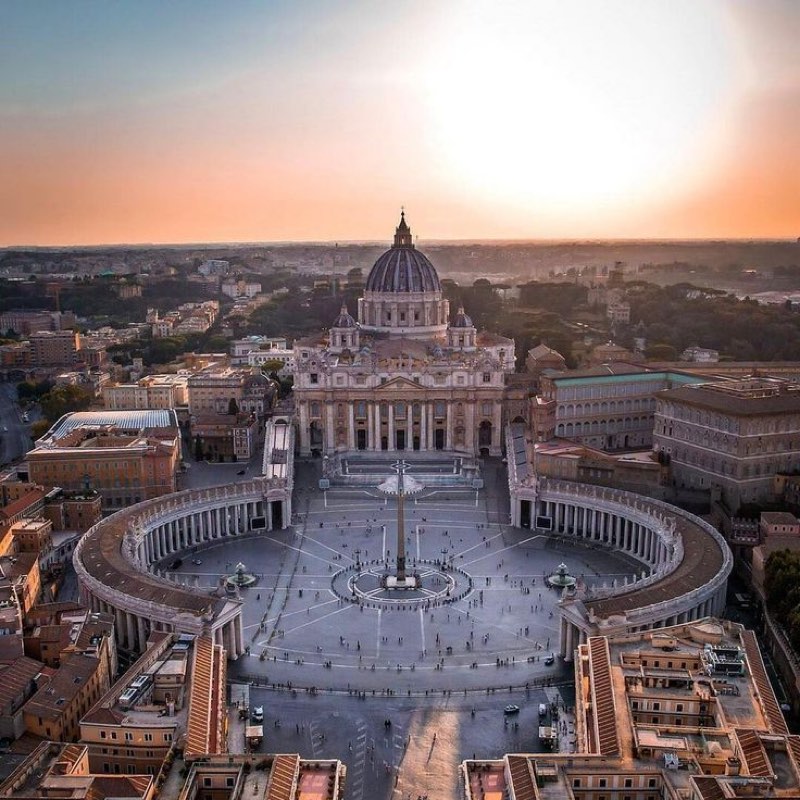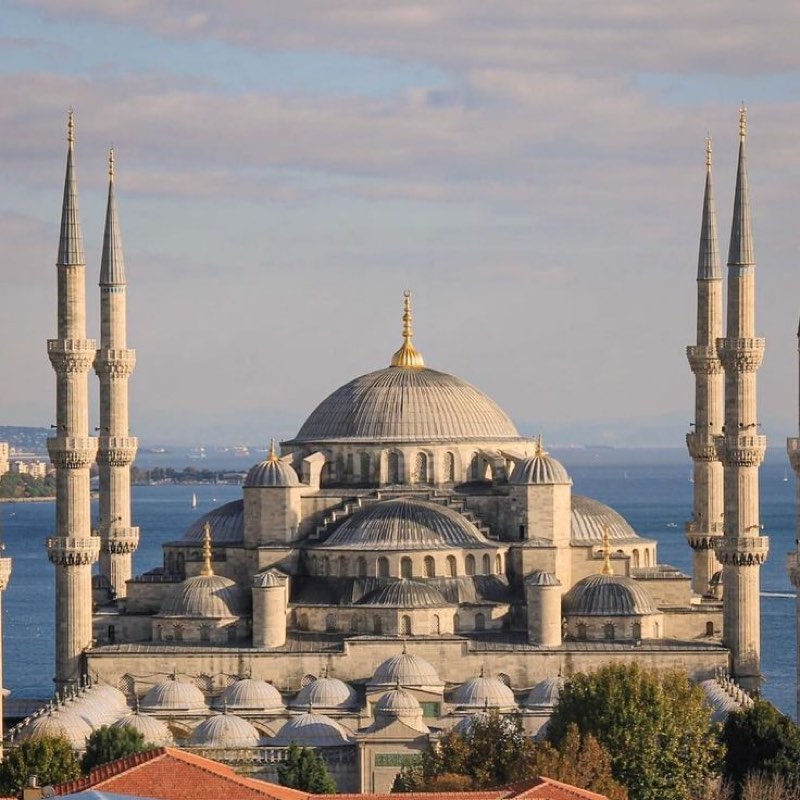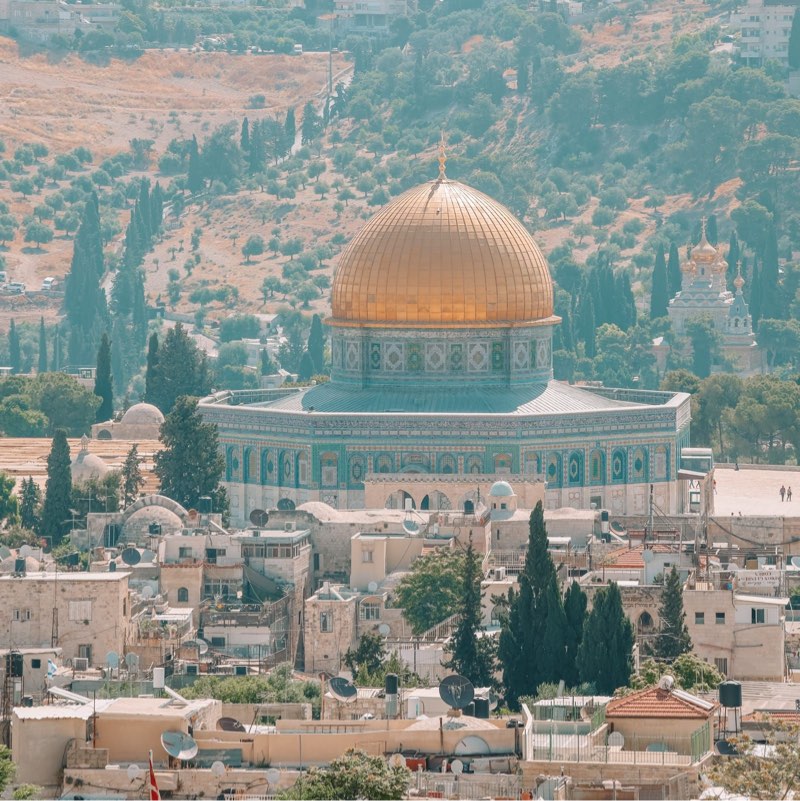Islamic Claims to the Holy Land of Palestine: Theological and Historical Perspectives
Some believe that since Islam supersedes both Judaism and Christianity, it has more rights to the Holy Land. After all, Surah 17verse 1 of the Quran points to the Temple Mount being a place of worship for Muslims. How is this argument articulated?
This is a complex and controversial question that involves different perspectives and interpretations of history, religion, and politics. I will try to provide a brief overview of some of the arguments that are made by those who claim that Islam has more rights to the Holy Land than Judaism and Christianity.
One argument is based on the concept of abrogation, which means that some verses or teachings of the Quran supersede or cancel out others that are contradictory or outdated. Some Muslims believe that Islam is the final and perfect revelation of God, and that it abrogates the previous revelations given to the Jews and Christians. Therefore, they argue that the promises and covenants that God made with the Jews and Christians regarding the Holy Land are no longer valid, and that the land belongs to the Muslims who follow the Quran.
Another argument is based on the belief that the Prophet Muhammad ascended to heaven from the Temple Mount in Jerusalem, which is also known as the Noble Sanctuary (al-Haram al-Sharif) in Islam. This event is mentioned in Surah 17 verse 1 of the Quran, which states: "Glory to (Allah) Who did take His servant for a Journey by night from the Sacred Mosque to the farthest Mosque, whose precincts We did bless,- in order that We might show him some of Our Signs: for He is the One Who heareth and seeth (all things)."
Some Muslims interpret this verse to mean that the Temple Mount is the farthest mosque (al-Aqsa) that Allah blessed, and that it is a sacred site for Muslims. They also believe that Muhammad led the prayers of all the prophets at the Temple Mount, and that he received the commandment of the five daily prayers from Allah there. Therefore, they argue that the Temple Mount is the third holiest site in Islam, after Mecca and Medina, and that it is the exclusive right of Muslims to worship there.
A third argument is based on the historical and political events that shaped the region of the Holy Land. Some Muslims point out that the land was conquered by Muslim armies in the 7th century CE, and that it remained under Muslim rule for most of the time until the 20th century CE. They claim that the Muslims established a civilization and culture that respected the rights and freedoms of the Jews and Christians who lived there, and that they protected the holy sites of all faiths. They also assert that the land was unjustly taken away from the Muslims by the colonial powers and the Zionist movement, and that the establishment of the State of Israel was a violation of international law and human rights. Therefore, they argue that the Muslims have a historical and legal claim to the land, and that they have a duty to liberate it from the occupation and oppression of the Israelis.
These are some of the arguments that are made by those who believe that Islam has more rights to the Holy Land than Judaism and Christianity. However, these arguments are not accepted by the Jews and Christians who have their own religious and historical connections to the land. The issue of the Holy Land is a complex and sensitive one that requires dialogue, understanding, and respect among the different faiths and peoples who live there.



